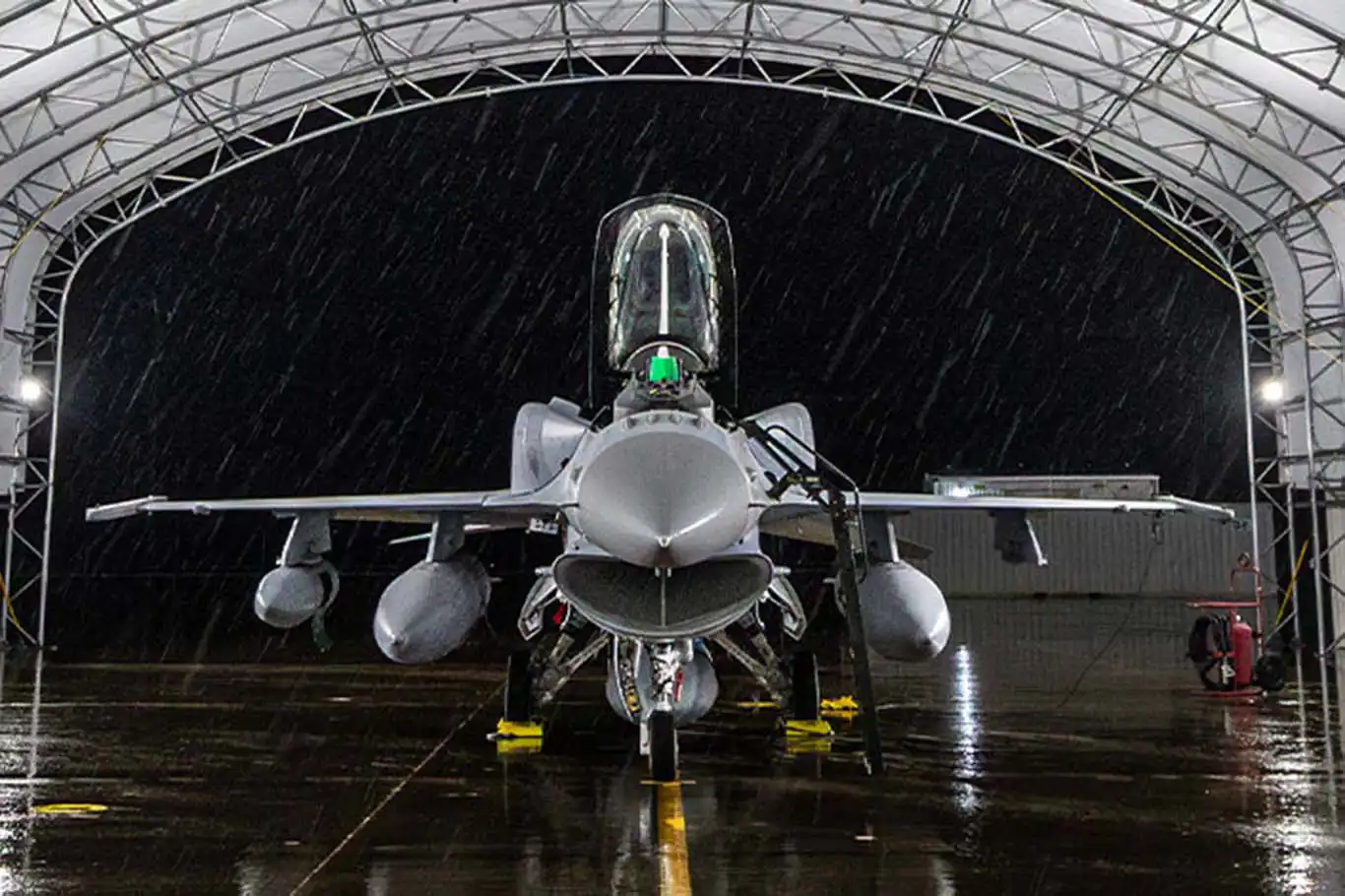US approves $330 million arms sale to Taiwan, first Under Trump administration


The United States has approved its first military sale to Taiwan since President Donald Trump returned to the White House, authorizing $330 million worth of parts and equipment, Taiwan’s foreign ministry announced Friday.
The package includes non-standard components, spare and repair parts, consumables, accessories, and repair and return support for F-16, C-130, and Indigenous Defense Fighter (IDF) aircraft, according to a statement by the US Defense Security Cooperation Agency.
Taiwan has a domestic defence industry but remains heavily reliant on US weaponry to maintain its self-defence capabilities against China, which claims the island as its territory and has repeatedly threatened to use force to assert control.
“This marks the first time the new Trump administration has announced an arms sale to Taiwan,” the Taiwanese foreign ministry said.
Strategic Ambiguity Continues
The United States is legally committed to providing arms to Taiwan under the Taiwan Relations Act, but Washington has maintained a policy of strategic ambiguity, leaving open whether it would deploy troops to defend the island in the event of a Chinese attack.
Taiwanese President Lai Ching-te has pledged to increase defence spending to over 3 percent of GDP next year and reach 5 percent by 2030, while also boosting investment in the US to mitigate a 20-percent tariff on Taiwanese exports imposed by Trump.
However, opposition parties, including the Kuomintang (KMT) and the Taiwan People’s Party, hold a parliamentary majority and may block plans for a special defence budget of up to NT$1 trillion (US$32 billion). KMT chairperson Cheng Li-wun recently warned that Taiwan cannot exceed 3 percent of GDP in defence spending, saying, “Taiwan isn’t an ATM.”
Backlogs and Global Context
The arms sale comes amid longstanding delays in US deliveries to Taiwan caused by COVID-19 supply chain disruptions and high-priority US shipments to Ukraine and Israel.
This announcement also coincides with heightened tensions in East Asia. Beijing criticized remarks by Japan’s new Prime Minister Sanae Takaichi, who suggested Japan might send troops to support Taiwan under the principle of collective self-defence if the island faced armed attacks. China’s foreign ministry stated Thursday that such actions “will by no means be tolerated.”
The US arms sale, which follows the last major package under former President Joe Biden in December 2024, underscores Washington’s continuing role as Taiwan’s primary arms supplier and a key deterrent to potential Chinese aggression. (ILKHA)
LEGAL WARNING: All rights of the published news, photos and videos are reserved by İlke Haber Ajansı Basın Yayın San. Trade A.Ş. Under no circumstances can all or part of the news, photos and videos be used without a written contract or subscription.
Eight NATO member countries have jointly pledged $500 million in military aid to Ukraine, aiming to strengthen Kyiv’s defense capabilities amid ongoing conflict.
Six pro-Palestinian activists staged a protest at Berlin’s Brandenburg Gate yesterday, using a construction crane to climb the historic monument and unfurl a banner reading: “Never again genocide … Freedom for Palestine.”
The measure includes compulsory registration, medical screening, and a mandatory questionnaire assessing health, education, fitness, and willingness to serve.